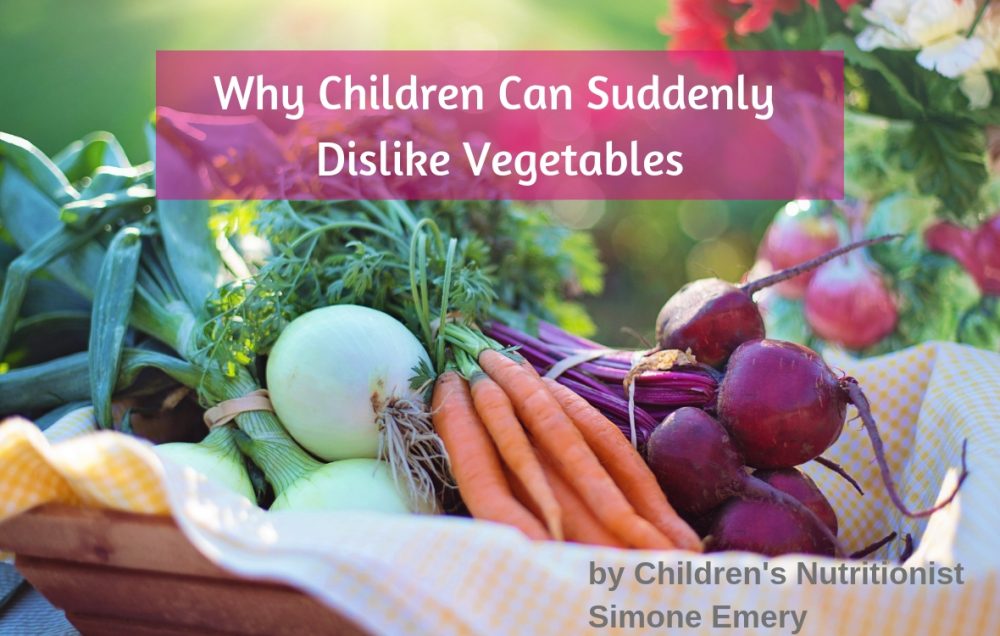Facts about food cravings?
I know that feeling too well, it’s 3pm and all of the sudden you have this overwhelming craving for something to pick you up and get you through the rest of the day.
You have heard that giving into your cravings is bad as it might lead you into poor eating habits , you might even feel guilty for giving into them.
Food cravings are very common, we all have them, they can be brought on by many factors and can sometimes be unpredictable. You might think ignoring your cravings will reduce them but as Carl Jung said: “what you resist persists.” This to cravings too, when we ignore cravings we might intensify the desire to give into them
What are cravings and how can we manage them?
Cravings are indicators that there is an imbalance in the body, this might be in the form of hunger, blood sugar imbalance, lack of minerals, or even stress.
When we approach cravings with curiosity instead of frustration, we can start figuring out what our bodies need which means we can eliminate the craving. Usually the craving is emotional rather than physical.
Here are some common factors that affect cravings.
There are internal and external factors that cause cravings internal factors are defined as factors in the body, where external factors are outside the body
𝑬𝑿𝑻𝑬𝑹𝑵𝑨𝑳 𝑭𝑨𝑪𝑻𝑶𝑹𝑺
Visual cues
Seeing something delicious (on advertising boards, walking past McDonalds or a bakery.) might trigger a memory of a time where you enjoyed that food. This memory will reminisce on the pleasure you felt when eating this food triggering cravings.
Environmental toxins
Air and water pollutants, chemicals in household products, additives in food all take a toll on the body, the more toxins we have in our system, the more our internal organs must work to filter them out. This requires a lot of energy resulting in cravings for high energy foods such as sugar and fatty meals usually in the form of take away meals.
A highly restrictive diet
Many diets recommend highly restrictive eating plans which advocate calorie deficits with the aim of rapid weight loss. When our bodies experience large calorie deficits, hunger levels escalate much higher than normal, triggering a neuropeptide in the brain which stimulates food intake with a preference for carbohydrates.
𝑰𝑵𝑻𝑬𝑹𝑵𝑨𝑳 𝑭𝑨𝑪𝑻𝑶𝑹𝑺
Hormones
Chemical messengers triggering digestive functions (cortisol and insulin) Cortisol is a hormone triggered when we experience physical or emotional stress. When we have high levels of cortisol in our system, we are on high alert in case we get chased by a predator. Even though being chased by a lion in modern society is very unlikely, our bodies still prepare for the worst. Consequently, our appetite increases and cravings for sugary and fatty foods escalate just in case we might need energy to run away from danger.
Insulin acts as a storage hormone in order to normalise for blood glucose levels. If insulin lowers the body’s sugar levels too much, the body will crave sugar to increase energy levels.
Emotions
Emotions can feel intense and often our minds will do anything not to feel those emotions. When you feel an overwhelming emotion, you will start craving foods that will provide comfort. Comfort foods acts as a temporary distraction from what we are feeling. Unfortunately, the feeling often returns when we have run out of comfort food, meaning we crave more comfort food.
Habit
Habits are automatic behaviours that require little or no effort in thought. Eating the same foods at a certain time of the day can form a habitual craving for this food. Sometimes we might not even realise that we have formed a habit of eating that 3pm bicky with our tea.
Your brain
The part of the brain associated with reward and pleasure can often trigger cravings when the body is low on energy or facing a threat such as difficult emotions or stress. The brain will recall certain foods associated with pleasure and will do about anything to avoid pain and feel pleasure instead.
There are many reasons why we have cravings and none of them should be ignored. Our bodies are communicating to us that they need attention in some form or another.
The more we resist the craving the more intense it will feel, eventually you might have a full blow out the moment you do get near the desired food.
When you next experience a craving, wait 15 minutes to see if the craving disappears. If the craving persists, allow yourself a moderate portion of the food to satisfy the body.









